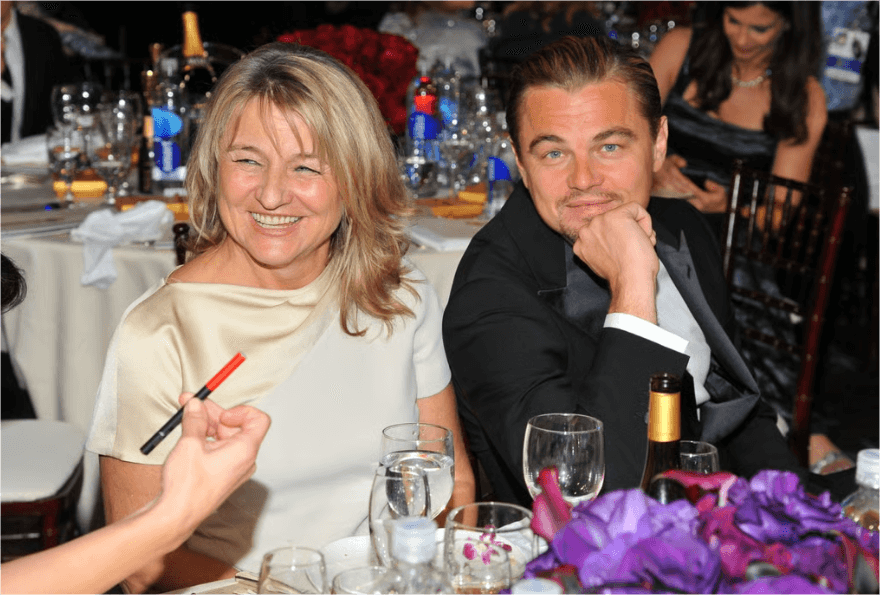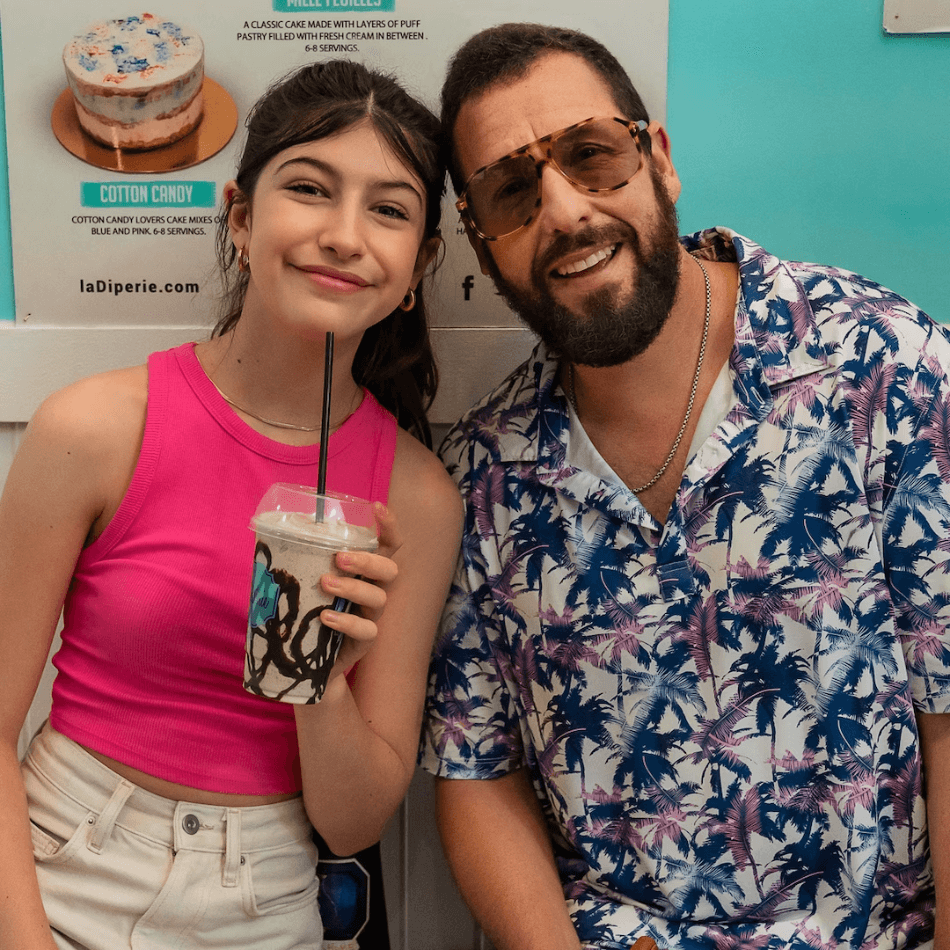📑Table of Contents:

Lauren Pisciotta used to work quietly behind the scenes. As Chief of Staff for Kanye West’s Yeezy brand, she helped manage his world. She wasn’t famous, but she was trusted, had access, and made things run.
Then everything changed.
In 2024, Pisciotta filed a lawsuit against West. The charges were serious. Sexual harassment. Wrongful termination. Even drugging and assault. Her lawsuit shook the entertainment industry. It also raised questions about how power works in high-pressure creative spaces.
Her story isn’t just about West. It’s about how someone who once stayed silent decided to speak up—and what happened when she did.
From Staff to Insider
Lauren Pisciotta didn’t enter the public eye as a celebrity. Her career began behind the curtain. She managed schedules, logistics, and travel. She knew how to handle high-stress demands. That made her a valuable asset in elite creative circles.
At some point in 2021, she joined Yeezy, Kanye West’s fashion and creative brand. Her official title: Chief of Staff. The job put her at the center of West’s operation. She was in meetings, on calls, in private spaces. It was high-level access. It also came with high expectations.
But according to her legal filings, the working environment quickly turned toxic.
The First Lawsuit
In June 2024, Pisciotta filed a lawsuit in Los Angeles Superior Court. The accusations were severe. She claimed Kanye West sexually harassed her, then fired her when she refused his advances.
The details were graphic. She alleged inappropriate comments, sexualized messages, and pressure to comply with non-professional demands. She said she resisted. And that’s when things got worse.
West allegedly retaliated by isolating her from projects, removing responsibilities, and finally terminating her. Pisciotta claimed the firing wasn’t performance-based—it was punishment.
West denied all allegations. His legal team called the suit a lie. They said they planned to countersue.
Still, Pisciotta didn’t back down.
The Amended Complaint (It Got Darker)
In October 2024, Pisciotta amended the lawsuit. New accusations were added.
She claimed West had drugged her without her consent, described a pattern of intimidation, erratic behavior, and verbal abuse. She said he used private phone calls to threaten her, then sent obscene messages.
According to her legal team, Pisciotta felt she was being psychologically broken down. And after months of fear, she decided to act.
Her attorney, Arick Fudali, stated clearly that she had reached her breaking point.
“She suffered emotionally, feared for her safety, and could no longer stay quiet.”
Why She Chose to Go Public
This wasn’t just about a legal case. Pisciotta knew going public came with risk. Speaking out against someone as powerful and unpredictable as Kanye West meant opening herself up to scrutiny—and worse.
Since filing, she has reportedly gone into hiding. According to her lawyer, she lives in fear. She rarely leaves her residence. She avoids public places. The stress is constant.
However, Pisciotta has stated that she came forward because it felt necessary. She didn’t want others to suffer in silence. She wanted to expose what she called a pattern of abuse within the Yeezy environment.
Her story has sparked broader discussions about assistants and support staff in celebrity culture. These roles are often invisible, but the pressure is immense, and the power imbalance can be dangerous.
Not the Only One
Pisciotta isn’t the only former employee taking legal action.
Another former staffer—also from Yeezy—filed a separate lawsuit alleging antisemitic harassment and hostile workplace behavior. That case, filed earlier in 2024, echoes many of Pisciotta’s claims: verbal abuse, sudden firings, and toxic control.
Taken together, these suits paint a troubling picture of life inside West’s inner circle. They suggest the behavior Pisciotta described wasn’t a one-off. It may have been part of a broader culture.
The legal outcomes remain uncertain. However, the impact is already real.
What Kanye West Has Said
West and his team have denied all wrongdoing. After Pisciotta’s lawsuit gained media coverage, West deleted several posts from X (formerly Twitter). His lawyers called the claims “provably false.” They also warned they would take action against false accusations.
In interviews, West has not directly addressed Pisciotta by name. But he has spoken about betrayal and lawsuits in general. Critics say his silence on specifics only raises more questions.
Meanwhile, Pisciotta’s team continues to prepare their case.
The Bigger Story
This lawsuit isn’t just about one assistant and one celebrity.
It reflects a deeper issue in creative industries where staff are expected to be “on call” at all hours. Where personal boundaries blur. Where loyalty often means silence. And where power shields wrongdoing—until someone pushes back.
Pisciotta’s decision to speak out breaks a pattern. It gives voice to others who have worked under high-pressure figures and faced abuse behind closed doors.
What Comes Next
As of now, there’s no set trial date. But the case remains open. Pisciotta’s legal team is gathering evidence, including digital messages, call records, and internal emails.
They say she’s ready to testify when the time comes.
In the meantime, she’s staying away from the spotlight. She has not done interviews. She rarely uses social media. Her team says she’s prioritizing safety and emotional health.
Still, her case has become a rallying point. Online forums, workplace advocates, and legal groups have cited her actions as an example of how to fight back, even when the odds seem stacked against her.

Final Thoughts
Lauren Pisciotta didn’t have fame. She didn’t have a platform. She had a job—and eventually, a choice. When things went too far, she chose to speak. And she hasn’t looked back.
Her case may take months, or even years, to resolve. The outcome isn’t guaranteed. But she’s already reshaped the conversation around assistants, silence, and justice.
She stepped out of the shadows to hold someone powerful accountable. And in doing so, she’s become a voice for many who never felt safe enough to speak.
No matter what happens next, that matters.





